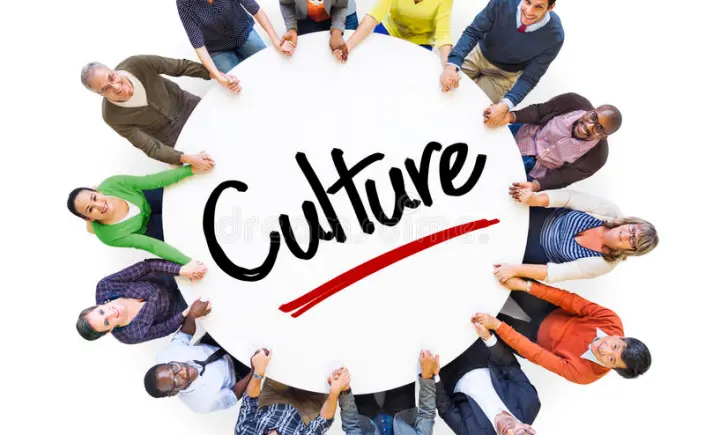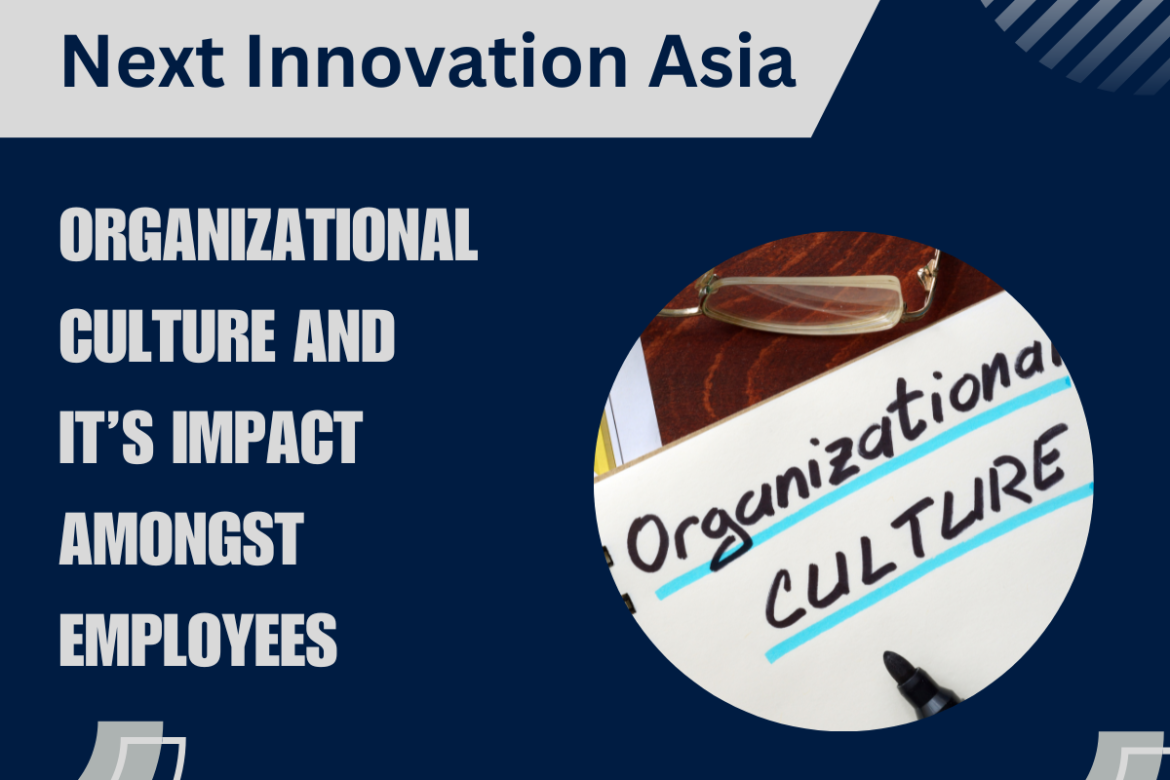What is organizational culture?
Organizational culture can be defined as the ensemble of beliefs, assumptions, values, norms, artifacts, symbols, actions, and language patterns shared by all members of an organization. It is the way organizations ‘do things’ and the process of ‘sense-making’ in organizations. Organizational culture influences the behavior, performance, and satisfaction of employees and customers.
Organizational culture can have various benefits and challenges for organizations. Some of the benefits are:
1.It can create a sense of identity, belonging, and purpose for employees.
2.It can foster a positive work environment that promotes collaboration, innovation, and learning.
3.It can enhance the reputation and brand image of the organization.
4.It can align the goals and strategies of the organization with its values and vision.
5.It can increase the efficiency and effectiveness of the organization.
What are the few challenges?
Some of the challenges are:
1.It can be difficult to change or adapt to external or internal changes.
2.It can create resistance or conflict among employees who have different cultural backgrounds or preferences.
3.It can limit the diversity and creativity of the organization if it is too rigid or homogeneous.
4.It can create ethical dilemmas or compliance issues if it is not aligned with legal or social norms.
5.It can reduce the competitiveness and sustainability of the organization if it is not responsive to customer needs or market trends.
What are the different methods and tools used to monitor effective organizational culture?
There are different methods and tools to assess the organizational culture of your company. Some of them are:
Observing the physical and social environment: Pay attention to how the workspace is designed, decorated, and organized. Is it formal or casual, open or closed, colorful or dull, tidy or messy? How do people dress, talk, and behave? How do they interact with each other and with customers? What are the norms and rituals of the workplace?
Reviewing the stories and symbols: Listen to the stories that people tell about the company, its history, its leaders, its successes and failures. What do they reveal about the values, beliefs, and assumptions of the organization? What are the symbols that represent the organization, such as logos, slogans, awards, heroes, etc.? How do they communicate the identity and purpose of the organization?
Conducting surveys and interviews: Use formal or informal surveys and interviews to gather feedback from employees, managers, customers, and stakeholders. Ask them about their perceptions, opinions, and experiences of the organizational culture. What are the strengths and weaknesses of the culture? What are the opportunities and threats for improvement? What are the expectations and preferences for the future culture?
Analyzing data and documents: Collect and analyze data and documents that reflect the organizational culture, such as mission statements, core values, policies, procedures, performance reviews, employee engagement scores, customer satisfaction ratings, etc. How do they align with the observed and reported culture? How do they support or hinder the goals and strategies of the organization?
A few popular examples of organizational culture in the corporate world:
There are many examples of organizational culture in different companies, depending on their type, industry, size, location, and values. Here are some of them:
Zappos: Zappos is an online retailer that sells shoes and clothing. It has a market culture that focuses on customer service and satisfaction. It recruits employees who are dedicated to the cause and instills them with 10 core values, such as delivering wow through service, being adventurous and open-minded, and pursuing growth and learning. It also fosters a fun and quirky work environment that encourages employees to express their individuality and creativity.
Walt Disney: Walt Disney is a media and entertainment conglomerate that operates theme parks, studios, channels, and merchandise. It has a clan culture that emphasizes collaboration, teamwork, and family. It hires employees who share its vision of creating happiness and magic for people of all ages. It also trains its employees to uphold its standards of quality, excellence, and professionalism.
Twitter: Twitter is a social media platform that allows users to post and interact with short messages called tweets. It has an adhocracy culture that promotes innovation, experimentation, and risk-taking. It hires employees who are passionate about its mission of giving everyone the power to create and share ideas instantly. It also empowers its employees to make decisions and take ownership of their projects.
Nike: Nike is a sports apparel and equipment company that designs, manufactures, and markets its products worldwide. It has a hierarchy culture that values structure, stability, and efficiency. It hires employees who are driven by its motto of “Just Do It” and who strive to achieve excellence in everything they do. It also rewards its employees for their performance and achievements.
Google: Google is a technology company that offers various products and services such as search engines, cloud computing, artificial intelligence, and more. It has an adhocracy culture that fosters creativity, curiosity, and collaboration. It hires employees who are smart, talented, and diverse. It also provides its employees with various perks and benefits such as free food, flexible hours, wellness programs, and more.
Netflix: Netflix is a streaming service that offers various movies, shows, documentaries, and more. It has a market culture that emphasizes results, speed, and accountability. It hires employees who are high performers, self-motivated, and adaptable. It also expects its employees to follow its nine core values such as courage, honesty, impact, curiosity, and inclusion.
Next Innovation Asia


